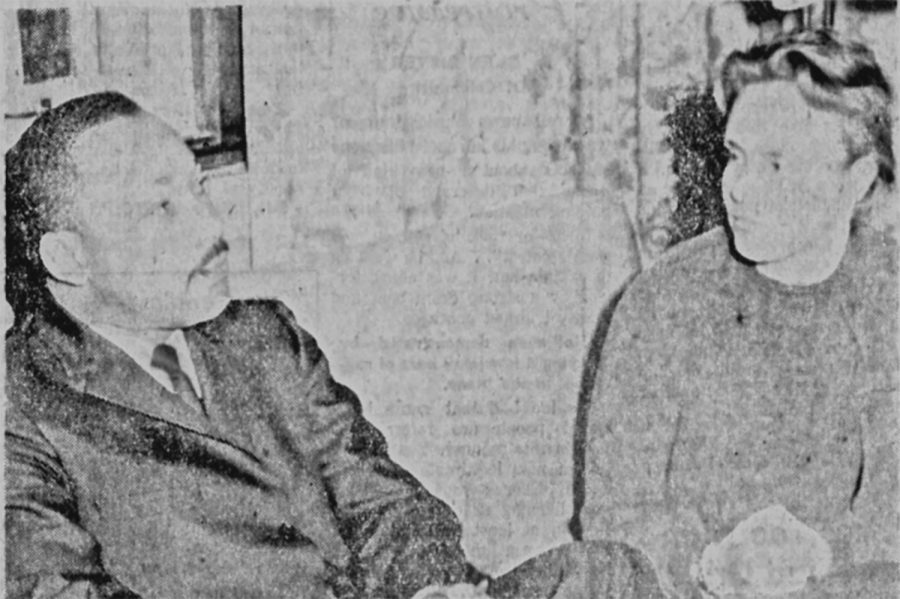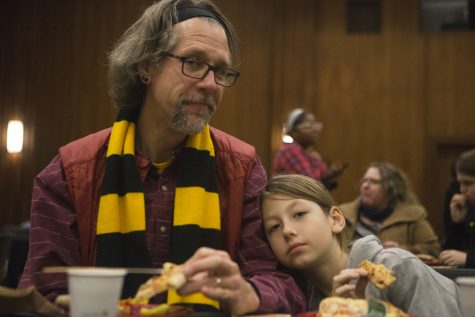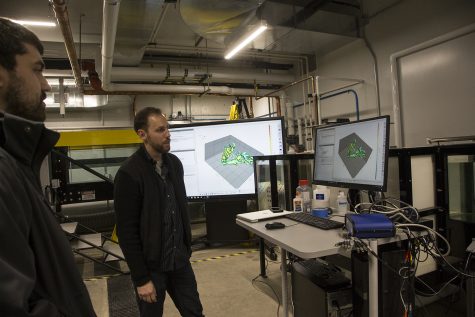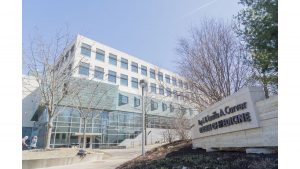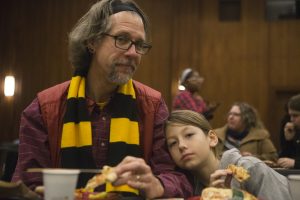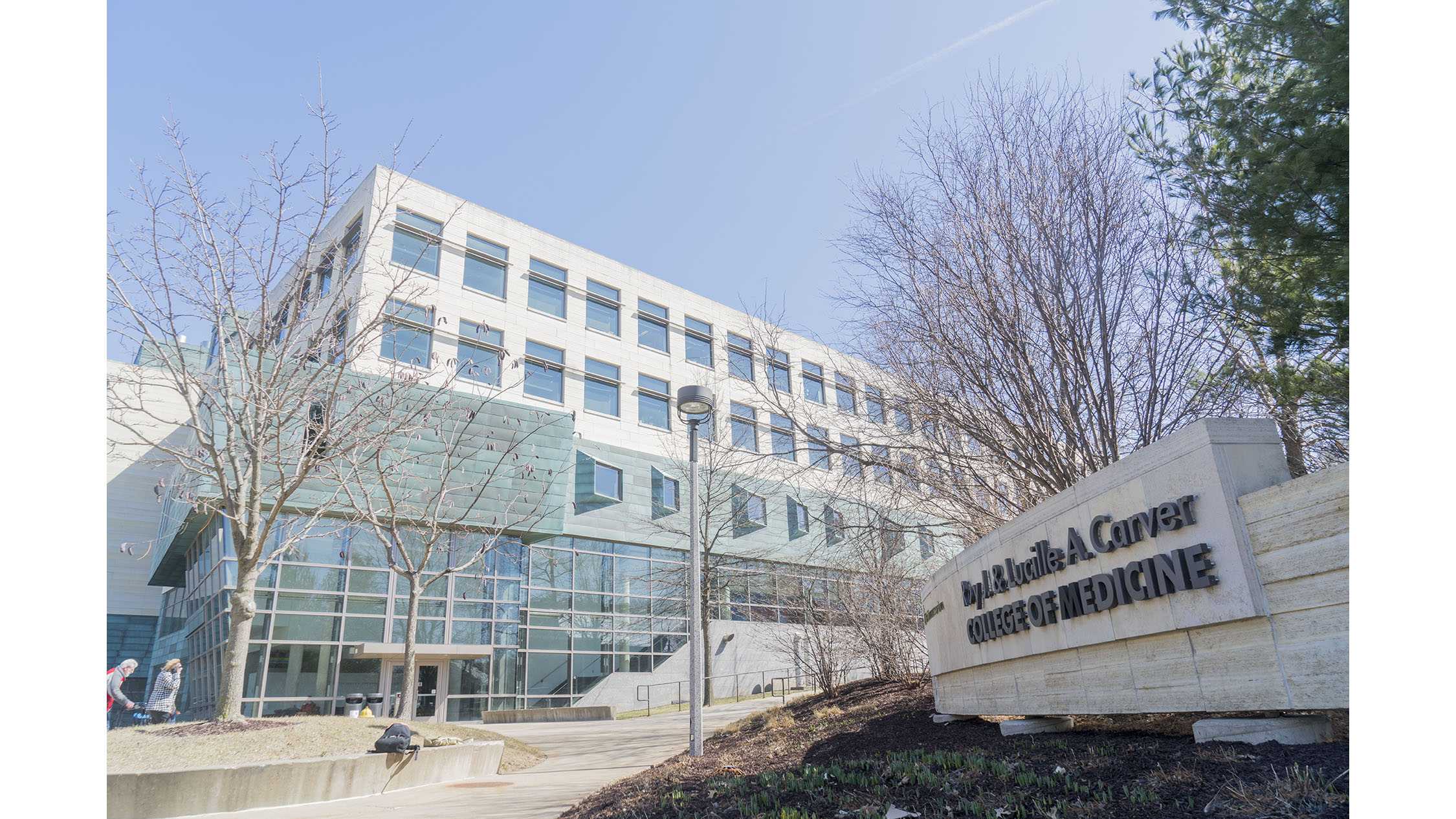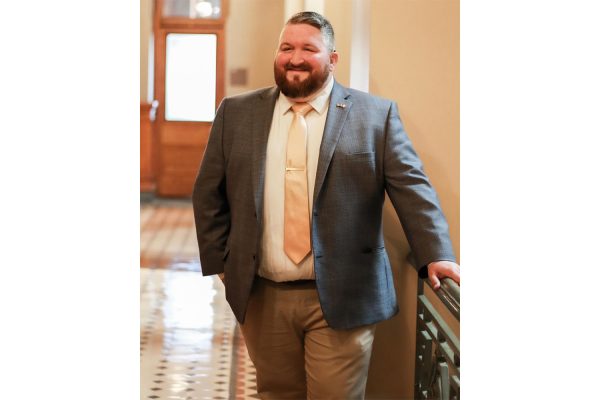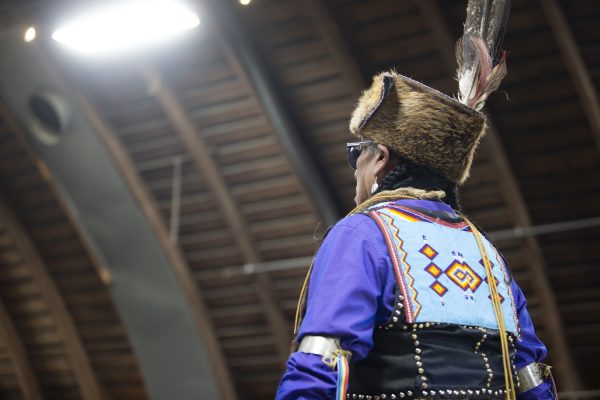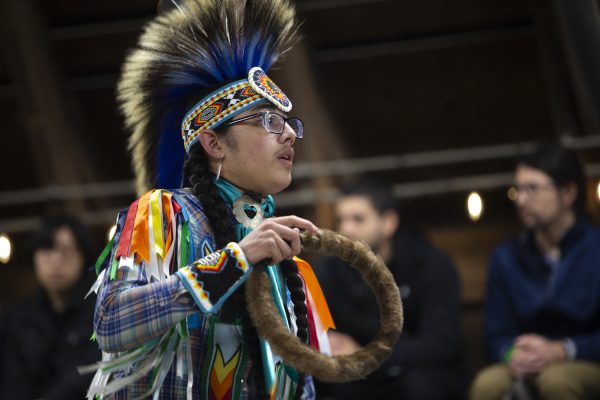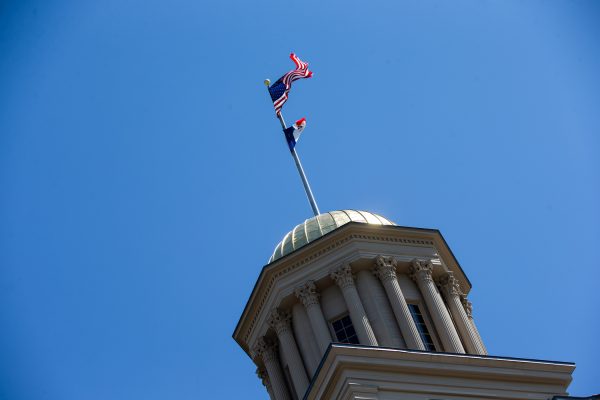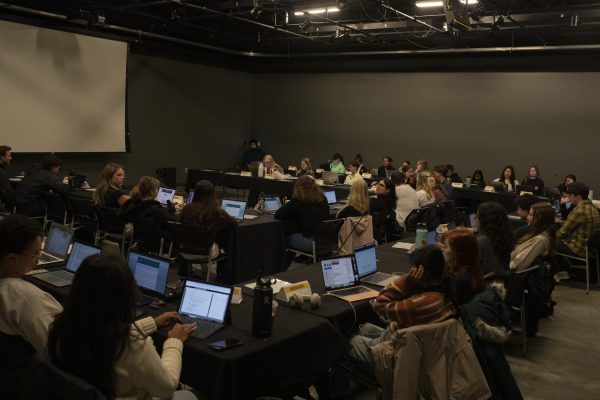From the archives: Martin Luther King Jr.’s 1959 visit to the UI
Sixty years ago, Martin Luther King Jr. came to the UI to discuss the future of discrimination in the United States. The Daily Iowan was there to cover it.
January 22, 2019
On Nov. 11, 1959, Martin Luther King Jr. came to the University of Iowa to speak at the IMU. An article, titled “King-Effort to end subtle barriers” was published the next day in The Daily Iowan and was written by DI staff writer Marcia Bolton. The original article has been republished in its entirety, in honor of Martin Luther King Jr. Day.
“What can an Iowa Negro do about the subtle discrimination he meets everyday in such places as hotels and when he goes for a haircut?”
The Rev. Martin Luther King Jr. answered this question from the audience after his lecture on “The Future of Race Relations in America”, last night in the Iowa Memorial Union, saying, “There should be some organized effort to destroy these subtle barriers in the North, the Negro and white must join to make this more than a racial issue but an issue between justice and injustice.”
King went on to say that many things can be done through education that changes attitudes and legislation that makes laws in such areas as housing and indiscriminatory use of public facilities in the north. He said that these subtle abuses “will end when there has been enough protest.”
In response to a question regarding the effect of political action by the Federal Civil Rights Commission to get free voting registration for Negros in the South without eliciting social pressure, King said that the commission had only studied and made recommendations.
“If their recommendations are implemented, this will help get free voting,” he said. “ . . . because there will be no violence if the move is backed by the Federal Government.”
King told another questioner that people of his non-violent approach to the segregation problem “have no difficulties with the National Association for the Advancement of Colored People.” He said all such organizations are necessary and that the NAACP had recently taken a stand for non-violent policy. He noted that organization’s achievements in the legal aspects of desegregation.
When asked to identify the “Men of Montgomery” mentioned in his book Stride Toward Freedom, King said that they were white businessmen who wanted to end the black boycott of segregated buses he led in Montgomery, Al. “They were no necessarily converted by any humanitarian concern, but were losing money” and helped settle the dispute because of this.
RELATED: Volunteers spend day off assembling literacy kits in honor of MLK
The last question put to King asked his estimate to the influence exerted by the pro-integration editorial policy of the Arkansas Gazette in Little Rock. He said that the editor of that paper, Harry Ashmore, “is not in the South now, but his influence is felt and is the kind we need.”
In his speech, King outlined the progression of the American Negro from slavery to restricted emancipation and finally the constructive integration era that began in 1954 with the Supreme Court decision that separate facilities were inherently unequal and that to segregate children on the basis of race is to deny them equal protection of the law.
The forces that stand against integration were described by King as finding their vent in such organizations as White Citizens Councils, Ku Klux Klan and apathetic people. “But in spite of all this,” he said, “the opponents of desegregation are fighting a losing battle. The “old South” has gone, never to return again.”
King cited the growth of industry and the southern businessman’s realization that bigotry is costly as helping to erase “the folkways of white supremacy.”
Regarding the church’s part in desegregation, King said, “It is still true that the most segregated hour of Christian America is 11 o’clock on Sunday morning.” But he noted that some churches are making an effort to integrate their congregations and their stand on this issue would smooth the transition to an integrated society.
Throughout his speech, King emphasized his stand as a nonviolent resistor and said that their plan was to take direct action against injustice without waiting for other agencies to act, not obey unjust laws, act peacefully, openly and cheerfully to persuade, always seek fair compromise, but be ready to suffer when necessary.
King concluded with the request that his audience be “maladjusted” in the sense that they not adjust to the evils of segregation. He said that the world is in desperate need of the maladjustment that made such men as Lincoln and Jefferson stand out “in the midst of an age amazingly adjusted to slavery” and say that all men are created equal.
The pastor of the Dexter Avenue Baptist Church in Montgomery, King also serves as president of the Montgomery Improvement Association, which directed the 1957 bus boycott and has recently written two books on segregation, Stride Toward Freedom in 1958 and The Measure of a Man during the last year.
King received a Ph.D. in systematic theology from Boston University and is regarded as one of the outstanding Negro leaders in America today. He has recently traveled in Europe, Asia and Africa and has conferred with foreign governmental leaders.



